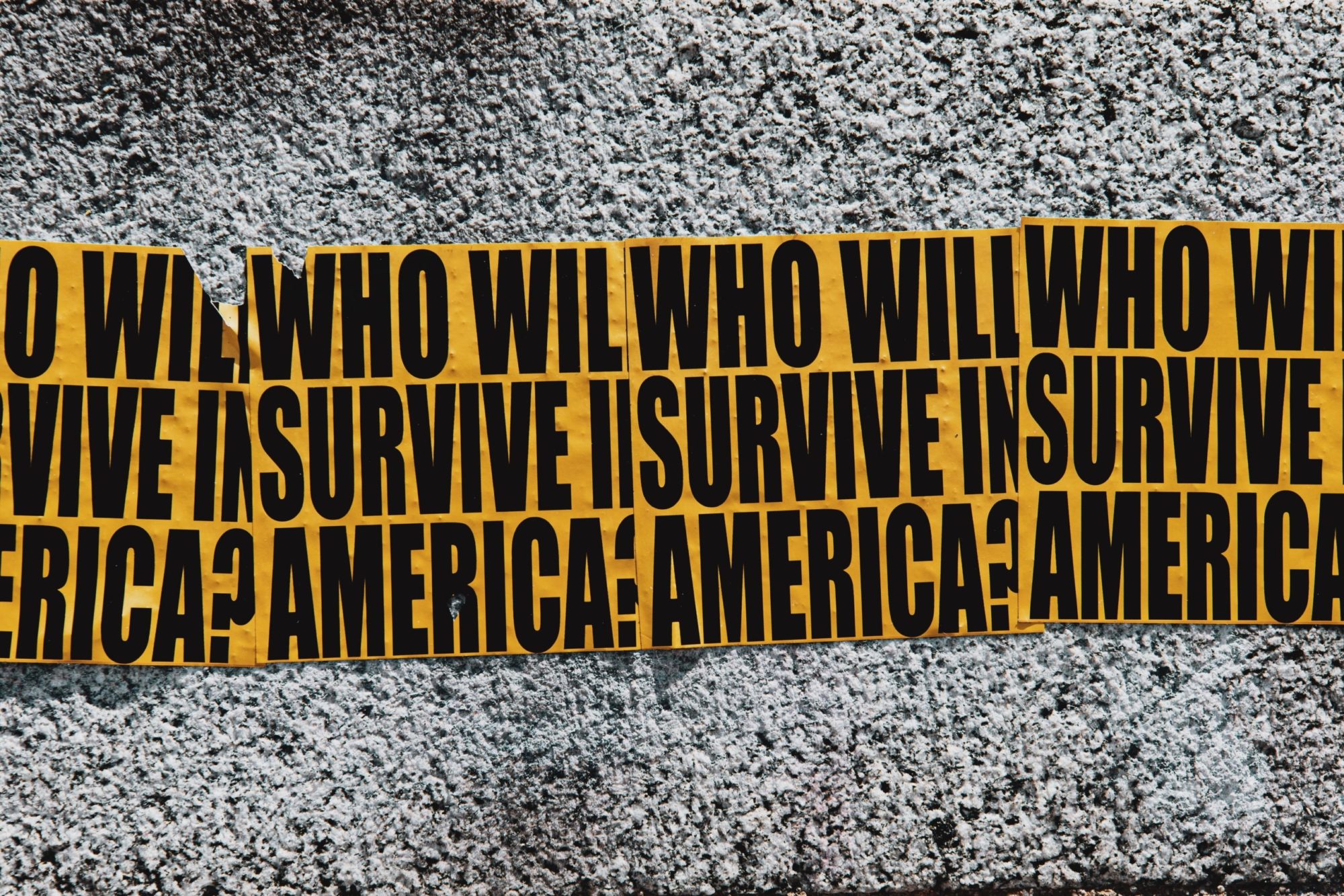When I began writing this column, Black Hawk helicopters were still circling over Washington, DC, flying low to intimidate and disperse protestors demanding justice for yet another murder of an unarmed Black person, this time George Floyd by Minneapolis police.
While the spread of popular uprisings against police brutality across the United States feels like an unprecedented tipping point, the impunity with which police and military forces operate is not new. Nor is it isolated to domestic policing. The willingness to weaponize state power against those expressing their discontent and calls for change has long been a part of both US domestic and foreign policy.
Some Washington national security professionals have made laudable statements committing to do better to address the structural inequities that keep the profession majority-white and cis-male in the face of this repression. Yet these efforts have not addressed the fundamental problem at hand: the state violence taking place in streets across the United States is a natural outgrowth of decades, if not centuries of domestic and foreign policy that first and foremost relies on the dehumanization of Black and brown people to pursue hegemony at home and abroad. Until we reckon with this fundamental truth, we will continue to fail to actually address the institutionalized and structural racism that has led to decade after decade of state violence against Black people in this country and people of color around the world.
In the United States, this dehumanization has its roots in the founding of our country. The prosperity the white majority in the United States enjoys today cannot be divorced from the genocide of Indigenous people and the enslavement of Africans, all for the economic benefit of white colonizers. The violent domination of the white colonial project and its basis in exploitation and white saviorism not only defined the foundations of early US society, but is echoed today here at home, and in US foreign policy.
For decades, the United States military has used many of the same tactics abroad that are used against Black and brown people by police in the United States.
For decades, the United States military has used many of the same tactics abroad that are used against Black and brown people by police in the United States. The use of force is never a last resort, but instead the preferred tool to ensure submission. Local conditions, individual experiences, and other drivers to violence, dissent, or crime – often rooted in governance failure, human rights abuses, and economic and/or political disenfranchisement – are ignored. Instead, a more pernicious, dangerous motive is assigned to all members of subjugated groups once one individual decides to resort to violence or commit a crime.
A violent response is then justified in cloaked language about patriotism, security, and saviorism. The United States military is undertaking dangerous missions against “extremists” to “save” the Afghan people, to “secure freedom” for Iraqis; just as in the United States police are keeping the streets of the US “safe,” tracking “extremists” that threaten the status quo and private property. As the experience of the past several weeks has shown, however, violence from the oppressive force ultimately begets more defiance. The idea that violence can quell dissension is ultimately rooted in the orientalist, racist belief that non-white people are inherently threats that must ultimately be silenced in order for stability to take hold.
The US government’s use of force is continuously justified by its stated intention to create safety — but safety for whom? Surely not the countless innocents killed in endless wars abroad, the diaspora communities surveilled, or the Black people murdered by police here at home. The Trump administration’s current militarized response to the popular uprisings sweeping the country is merely an outgrowth of long-standing policies that have devalued Black and brown lives, and ignored the unique injustices and inequities these communities face in achieving safety, well-being, and liberation. The post-9/11 police state and outdated slavery-era laws merely provide useful levers for Trump to pull in the face of this new challenge to his power.
If people in power continue to see these latest instances of violence and repression as isolated, unfortunate instances that “don’t reflect who we are as a nation,” then we will have failed to truly challenge and disrupt the forces and systems at play that have allowed white supremacy to infiltrate every aspect of US public life, including foreign policy.
The solution is not merely to end the transfer of US military weaponry and equipment to police departments, even though this is an incredibly important, short-term reform. The solution lies in a larger awakening in this country and a willingness to confront the systemic racism and white supremacy that drives our government’s engagement domestically and abroad. It means accepting that our current policies empower and export white supremacist violence. It starts with divesting from the institutions whose primary purpose is to terrorize people of color at home and abroad to maintain white supremacy – the Pentagon, CBP and ICE, state and municipal police. It begins with investment in restorative and community solutions to conflict and violence that seek to uplift individuals from poverty, ensure and value the rights and dignity of every human being, and make amends for past injustices.
Ultimately, the tools to build safety here at home are no different than those the United States should be prioritizing abroad – peacebuilding, helping build accountable governance and local empowerment, divesting from racial, economic, and environmental exploitation, and calling truth to power. Thus far, most national security discussions have failed to understand the failures of a militarized approach to violence abroad and its echoes here at home. Perhaps these uprisings, and the egregious failures of Trump’s attempted – and proposed – crackdowns, can finally serve as a wake-up call. A fundamentally new approach is long overdue.





















